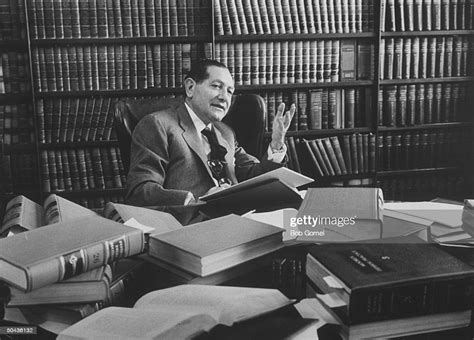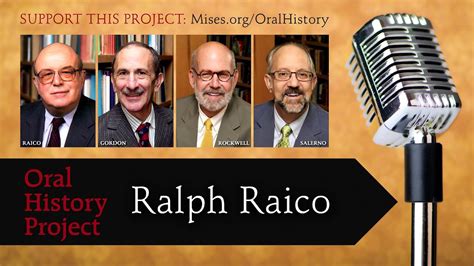A Quote by Henry George
As it is with an individual, so it is with a nation. One must produce to have, or one will become a have-not.
Related Quotes
If we betake ourselves to the statistical method, we do so confessing that we are unable to follow the details of each individual case, and expecting that the effects of widespread causes, though very different in each individual, will produce an average result on the whole nation, from a study of which we may estimate the character and propensities of an imaginary being called the Mean Man.
For it is not light that is needed, but fire; it is not the gentle shower, but thunder. We need the storm, the whirlwind, and the earthquake. The feeling in the nation must be quickened, the conscience of the nation must be roused, the propriety of the nation must be startled, the hypocrisy of the nation must be exposed: and its crimes against God and man must be denounced.
I wish my countrymen to consider that whatever the human law may be, neither an individual nor a nation can ever commit the leastact of injustice against the obscurest individual without having to pay the penalty for it. A government which deliberately enacts injustice, and persists in it, will at length even become the laughing-stock of the world.
The time has come for an all-out war against poverty. The rich nations must use their vast resources of wealth to develop the underdeveloped, school the unschooled, and feed the unfed. Ultimately a great nation is a compassionate nation. No individual or nation can be great if it does not have a concern for "the least of these".
Many people with different backgrounds, cultures, languages, and creeds combine to make a nation. But that nation is greater than the sum total of the individual skills and talents of its people. Something more grows out of their unity than can be calculated by adding the assets of individual contributions. That intangible additional quantity is often due to the differences which make the texture of the nation rich. Therefore, we must never wipe out or deride the differences amongst us-for where there is no difference, there is only indifference.
We must have a new mythology, but it must place itself at the service of ideas, it must become a mythology of reason. Mythology must become philosophical, so that the people may become rational, and philosophy must become mythological, so that philosophers may become sensible. If we do not give ideas a form that is aesthetic, i.e., mythological, they will hold no interest for people.
The nation as such is not a large subject that has needs, that works, practices economy, and consumes. . . . Thus the phenomena of “national economy” . . . are, rather, the results of all the innumerable individual economic efforts in the nation and . . . must also be theoretically interpreted in this light. . . .Whoever wants to understand theoretically the phenomena of “national economy” . . . must for this reason attempt to go back to their true elements, to the singular economies in the nation, and to investigate the laws by which the former are built up from the latter.
To survive, to avert what we have termed future shock, the individual must become infinitely more adaptable and capable than ever before. We must search out totally new ways to anchor ourselves, for all the old roots - religion, nation, community, family, or profession - are now shaking under the hurricane impact of the accelerative thrust. It is no longer resources that limit decisions, it is the decision that makes the resources.
While the nation that has dared to be great, that has had the will and the power to change the destiny of the ages, in the end must die, yet no less surely the nation that has played the part of the weakling must also die; and whereas the nation that has done nothing leaves nothing behind it, the nation that has done a great work really continues, though in changed form, to live forevermore.




































